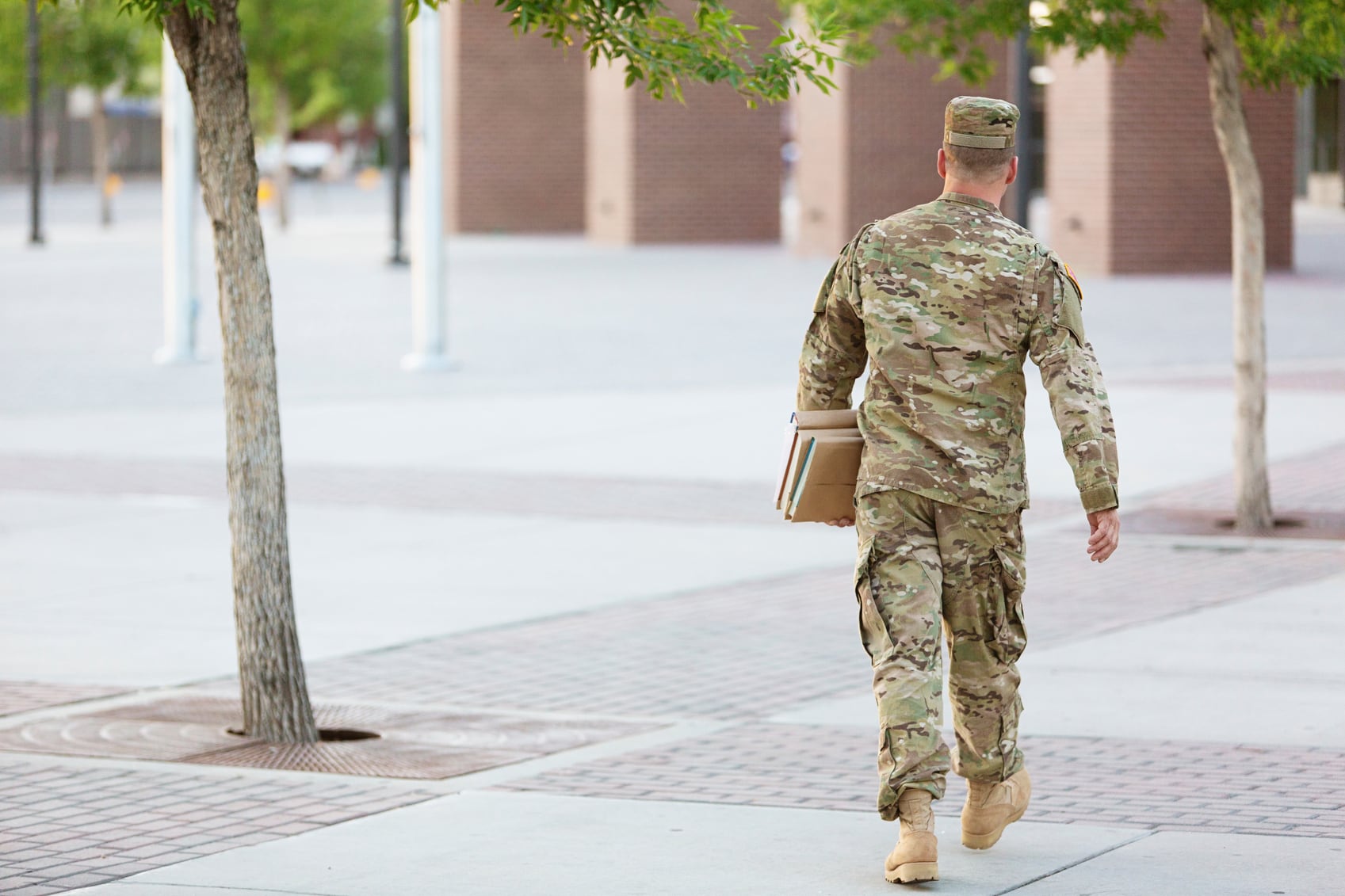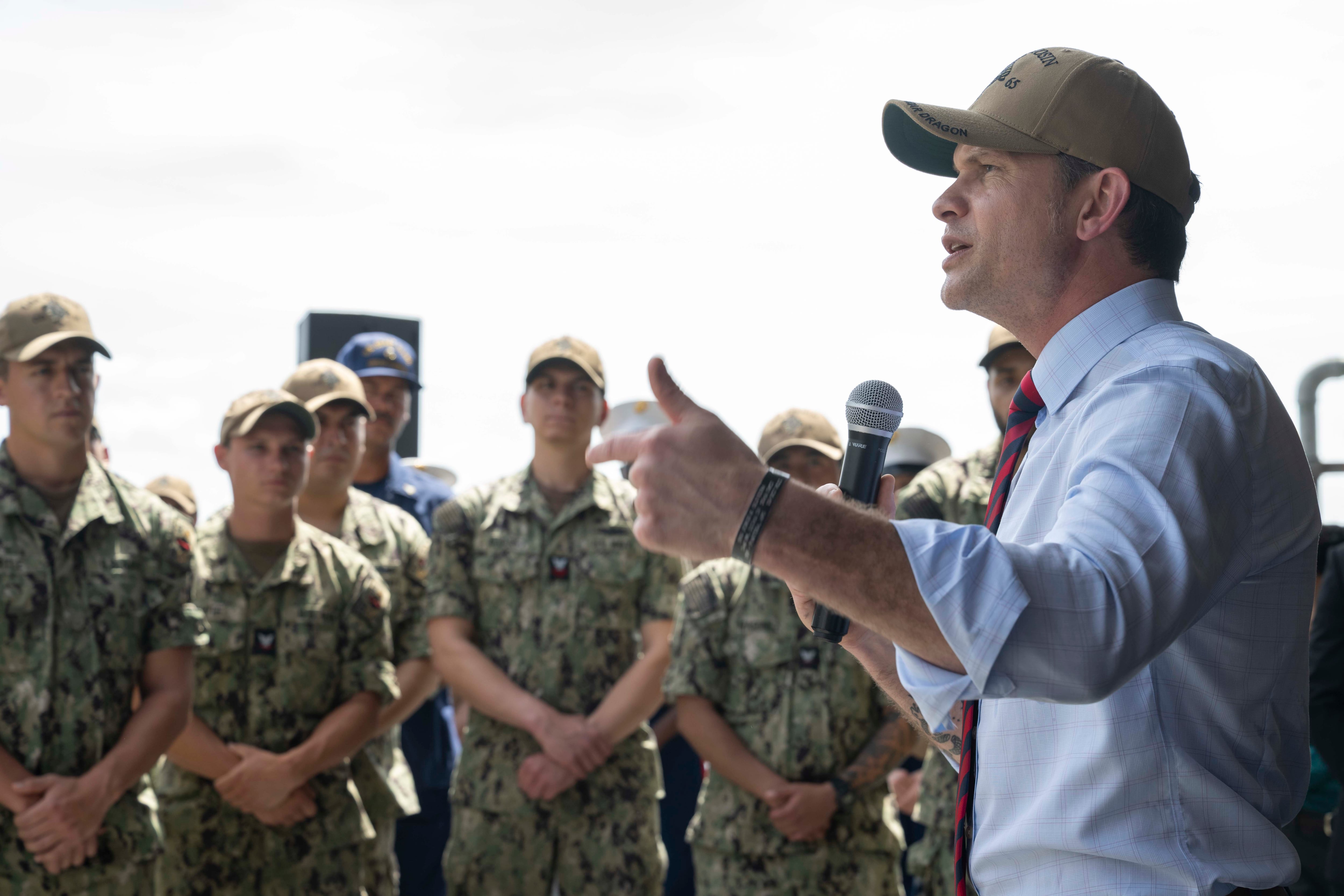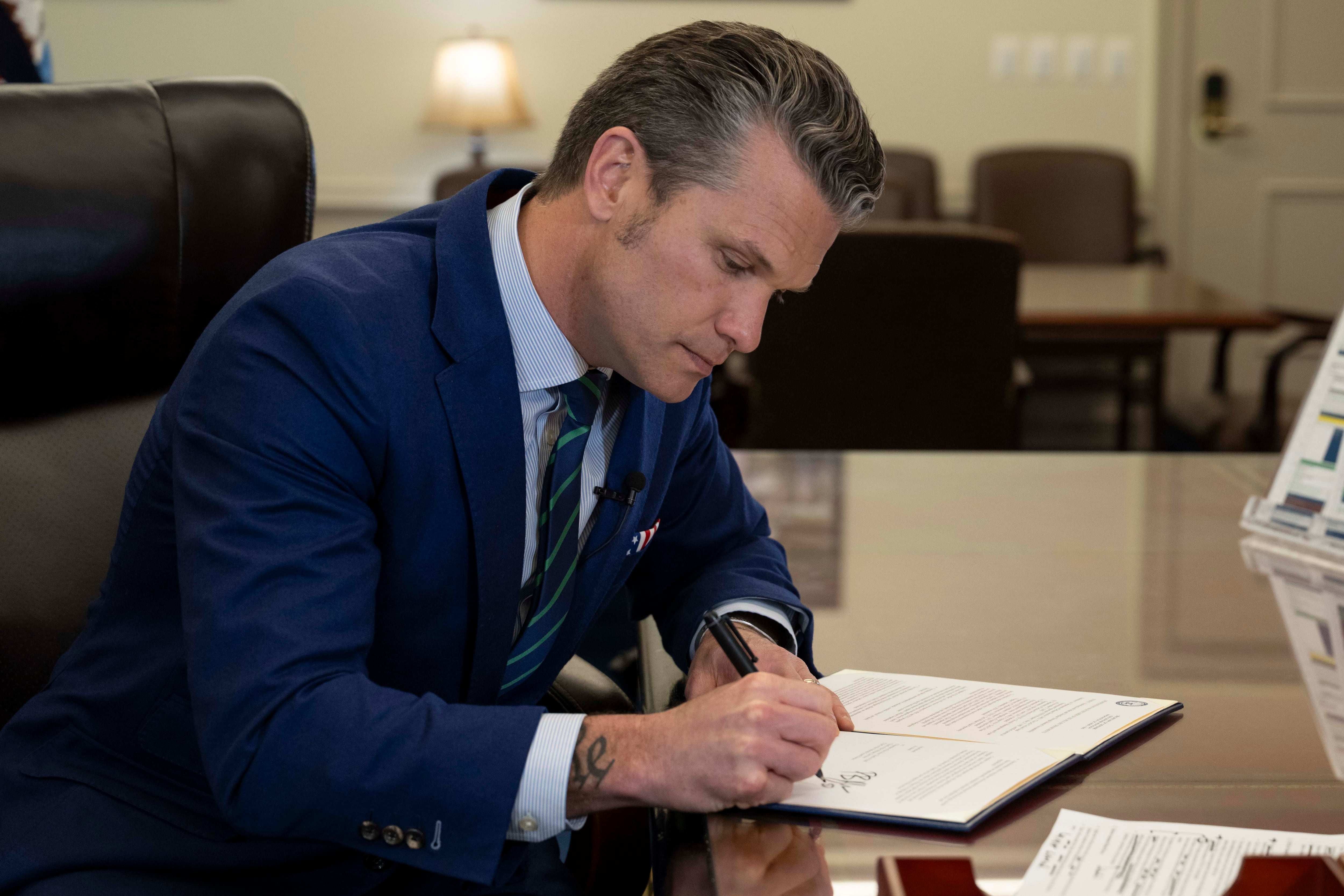WASHINGTON — The White House sought Monday to share the blame for the failed aftermath of the 2011 intervention in Libya, arguing the U.S. and its NATO allies asked too few questions about what would follow after dictator Moammar Gadhafi was toppled.
A day after President Obama called that failure the worst mistake of his presidency, the White House said Obama believed more should have been done to fill the power vacuum. Although the U.S. played a leading role in that effort, White House spokesman Josh Earnest said Obama's regrets extended to what "the United States and the rest of the members of our coalition didn't do."
"The president has tried to apply this lesson in considering the use of military and other circumstances," Earnest said, "that asking the question about what situation will prevail and what sort of commitments from the international community will be required after that military intervention has been ordered by the commander in chief."
Obama, in an appearance on "Fox News Sunday," said that his biggest mistake was "probably failing to plan for the day after what I think was the right thing to do in intervening in Libya."
The U.S. in 2011 joined the air campaign in an attempt to prevent Gadhafi's forces from killing thousands of civilians amid an uprising against his government. Five years later, the country is in chaos, with two rival governments and an alarming presence of Islamic State fighters and other extremists. Obama has conceded that the intervention "didn't work."
Last month, in interviews published in The Atlantic magazine, Obama called out European countries close to Libya that he said had been unwilling "to put any skin in the game" to ensure stability after the intervention, referring to them as "free-riders." Earnest said Monday that the international community had failed to come up with a plan to compensate for the deterioration in Libya's governing structures following decades of dictatorship.
"The point that the president was making was not that any specific ally of the U.S. had utterly failed to follow through on a specific commitment that they had made," Earnest said. "But rather, that the U.S. and our broader coalition had not succeeded in mobilizing the necessary resources to bring about the scenario that we would have eventually liked to see."





